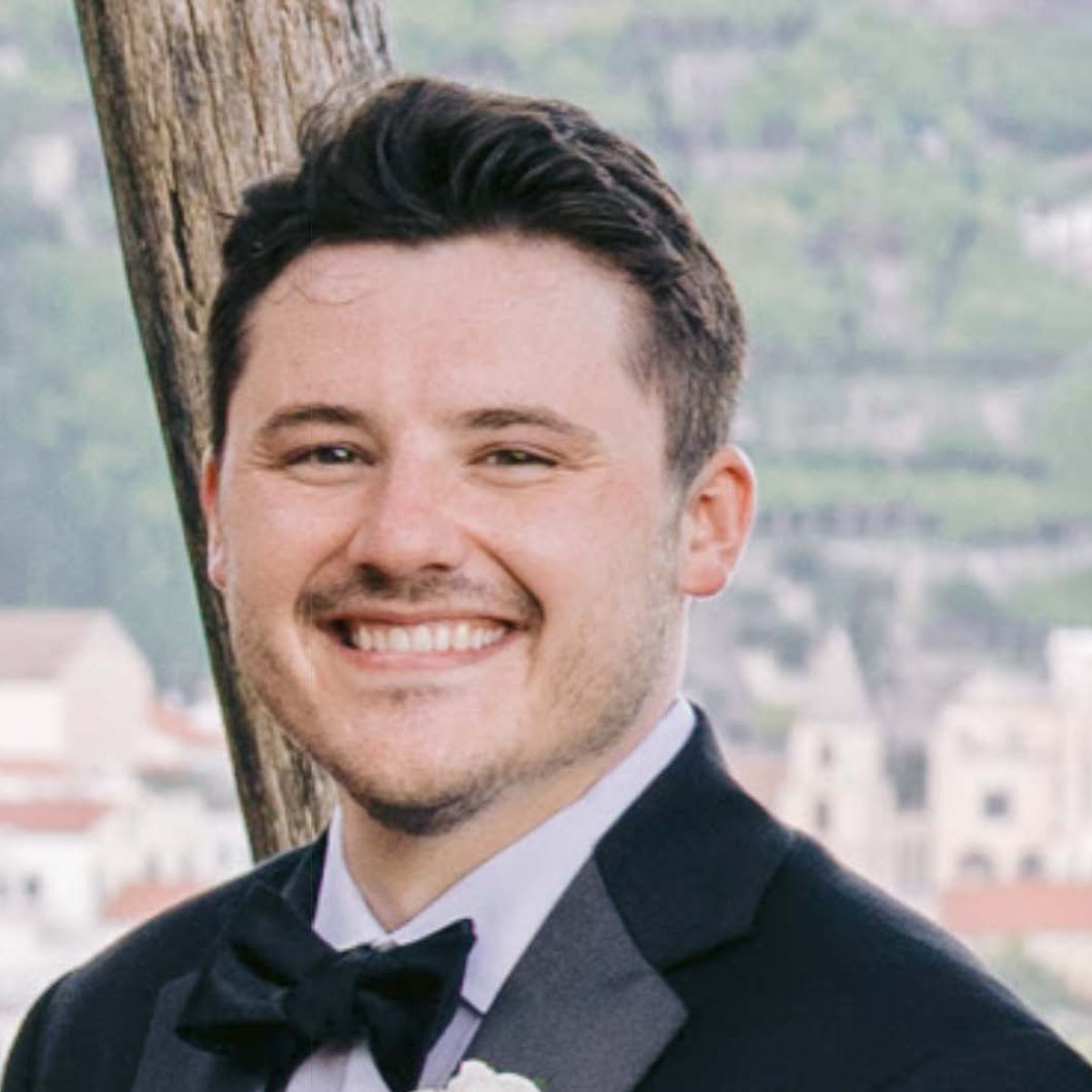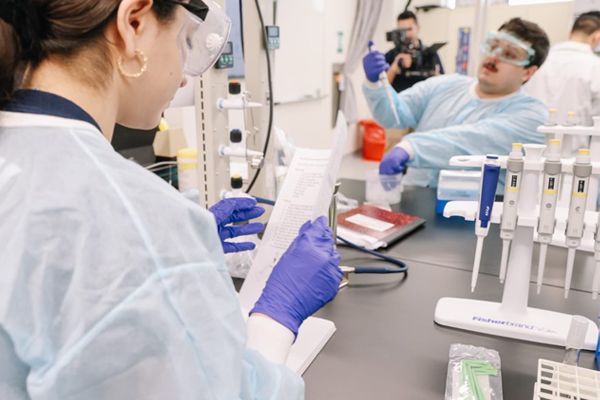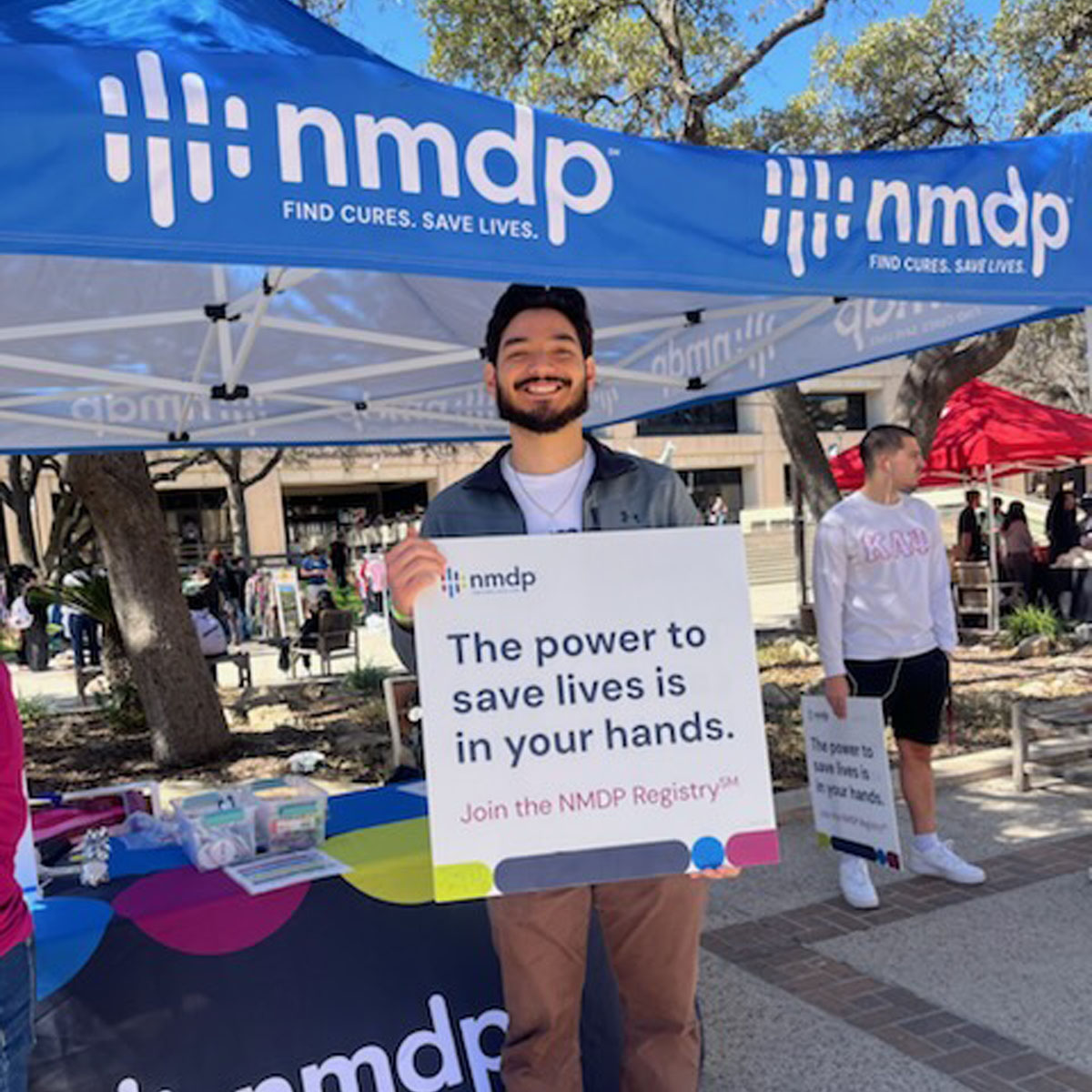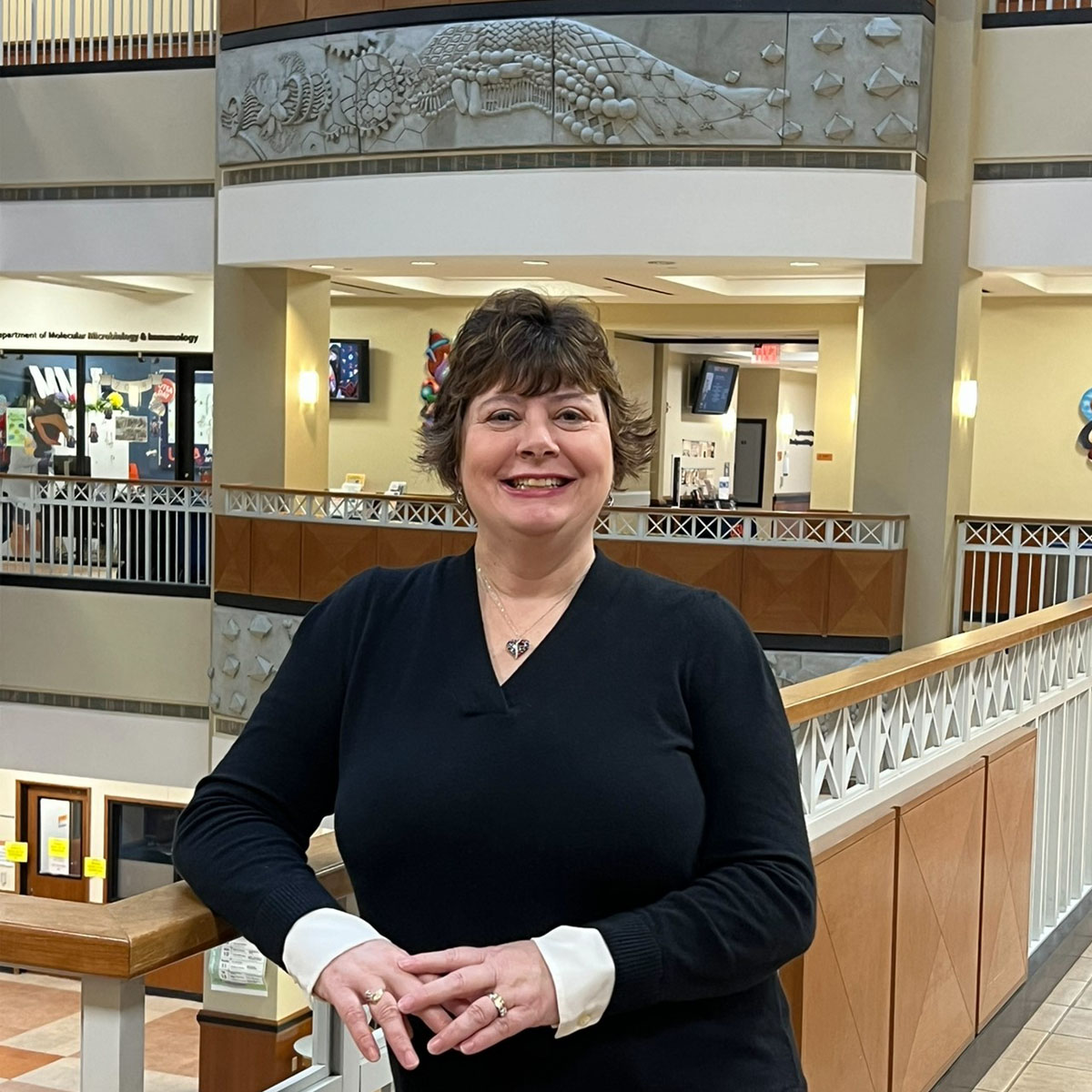Posted on October 27, 2023 by College of Sciences

Zack Armstrong, Molecular Microbiology and Immunology Ph.D. Student
By Pelle Muñoz
Meet Zackary Armstrong '26, a dedicated researcher in UTSA's Molecular Microbiology and Immunology (MMI) doctoral program.
Zack's knack for scientific exploration was ignited during his time as an undergraduate at Texas State University, where a course in microbial biotechnology directed his interest towards the world of research. In his final year, he found himself captivated by the seemingly endless opportunities within the field of molecular biology, specifically topics related to bacterial genetics and the manipulation of DNA.
For many, the onset of the COVID-19 pandemic created uncertainty. Zack, who was in the final semester of his undergraduate education, felt this turbulence. Despite this, it opened an opportunity for Zack to observe the many ways in which advancements in molecular biology were occurring in real-time, when people needed it most.
This experience furthered his desire to step into the world of vaccine development. This passion would eventually lead him to the laboratory of Karl Klose, director of the South Texas Center for Emerging Infectious Diseases (STCEID) and endowed professor in the Department of Molecular Microbiology and Immunology. As a driven researcher motivated by his commitment to continue his research beyond the master's level, Zack set his sights on UTSA's MMI doctoral program.
Among Zack's favorite things about UTSA is its dedication to furthering scientific research and educating the next generation of scientists. UTSA's well-maintained facilities allows researchers to work in a biosafety level 3 (BSL3) environment, which supports the safe study of infectious diseases. "I think UTSA is a great place to be for students looking to gain research experience," Zack said. "Whether you're interested in studying bacteria, fungi or immunology, there is a lab here with your research interest."
Zack feels that UTSA's research community also contributes to the university's strong research reputation. During his time working in the labs of MMI faculty like Guoquan Zhang and Chiung-Yu Hung, Zack felt that the communication and collaboration capabilities were unparalleled. "Everyone, from the graduate students to the principal investigators, have been great during my time here," said Zack. "They have really allowed me to expand my skills as a researcher."
Additionally, the weekly scientific seminars offered by the STCEID highlights speakers within the fields of microbiology and immunology who give presentations about their ongoing research. This opportunity opens the door for UTSA's budding researchers to see what experts in the field are doing outside of the university.
Zack's time in the Klose Lab began in 2021 and served as the start of his research career. His first project involved collaborating on the lab's ongoing goal of expanding its Tularemia vaccine to protect against COVID-19. This gave Zack the chance to begin working on a major, relevant issue and conduct research that had the potential to greatly impact the pandemic he had read countless publications on since its onset.
His work specifically focused on expressing a piece of the SARS-COV-2 virus within the vaccine strain to induce immunity against COVID19. After reading about previous work, Zack recalled articles talking about how to display various proteins on the surface of bacteria, known as autotransporters. Given this information, Zack was able to develop a surface display system using these autotransporters, which would display variations of SARS-CoV-2 proteins, on the surface of the lab's vaccine strain.
In September 2023, Zack was given the opportunity to present his work on the development of this system at the 10th International Conference on Tularemia in Grenoble, France. The conference organizers selected his abstract submission for an oral presentation to the entire conference.
Currently, Zack has his focus on two main projects. First, he is continuing his work on using the Tularemia vaccine strain to protect against other diseases, such as COVID-19, Anthrax, and the bubonic plague. This work is part of what he presented at the conference. His research interests lie with engineering the vaccine to provide maximum protection against these diseases.
His second project involves understanding which aspects of the immune system provide protection when people are vaccinated with the Tularemia vaccine strain. These experiments are performed in collaboration with Hung's laboratory. Specifically, he is evaluating the role of Mucosal-associated invariant T (MAIT) cell, cells located within the lungs, in vaccine-mediated immune responses. His goal is to manipulate MAIT cell responses to improve the efficacy of the vaccine.
In a rapidly changing world, UTSA researchers like Zack are working to improve lives and build a safer future. Through his studies, he's working to solve the puzzle of immune protection and expand the resources and opportunities of vaccine development. Zack encourages others to get involved in research.
"UTSA has amazing faculty members whose labs are currently doing research in a wide range of scientific fields, so there are a lot of opportunities here," Zack said. "Also, it is never too late to get involved or start doing research. If you are interested in joining a lab, reach out to them!"

Explore the MMI Department!
Uniting an engaged community of researchers, educators, and students while preparing students for professional careers in microbiology and immunology, medical and public health service fields, education, research, and industry.
Recent MMI Spotlights
View More Spotlights



